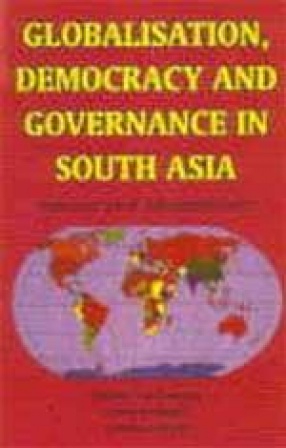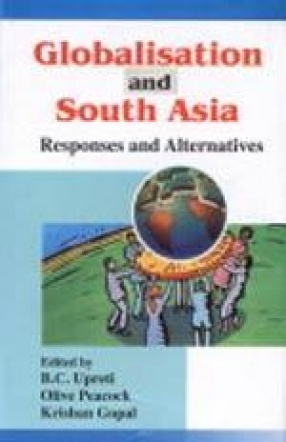Issues and problems of governance, particularly in the third world countries have increasingly come under the gaze of social scientists and political activists alike. Ethnic conflicts, political movements, socio-religious conflicts and other violent upsurges on the one hand and widespread corruption, criminalization of politics, soft regimes, bureaucratic inefficiency and red tappism on the other are some of the more important manifestations of the problem constraining the systemic performance and retarding the development processes. The causal factors and consequences of such ill-fated processes have come to be widely discussed. But a close scrutiny of such analyses will bring out their narrow span focusing on target fulfillment by efficient management of administrative projects that concerns only issues of how to govern. Completely ignored are the issues emanating from questions who, what and why of governance and in what context. A comprehensive discussion of the problem of governance will require an examination of the goals, nature and content, besides of the process of governance. This entails discussion of social bases and the role of political elite in the context of globalization and brings in the issues of ‘dominance’ as impacting on governance. In brief, an analysis of critical choices and their makers is required. The goal has to be democracy and the project should be ‘re-centering’ of the people so far alienated amidst techno-economic view of development prevailing over human development. It has to be democratic governance with a human face.
Globalisation, Democracy and Governance in South Asia: Issues and Alternatives
In stock
Free & Quick Delivery Worldwide
reviews
Bibliographic information
Title
Globalisation, Democracy and Governance in South Asia: Issues and Alternatives
Author
Edition
1st Ed.
Publisher
ISBN
8187644451
Length
xviii+420p.
Subjects









There are no reviews yet.